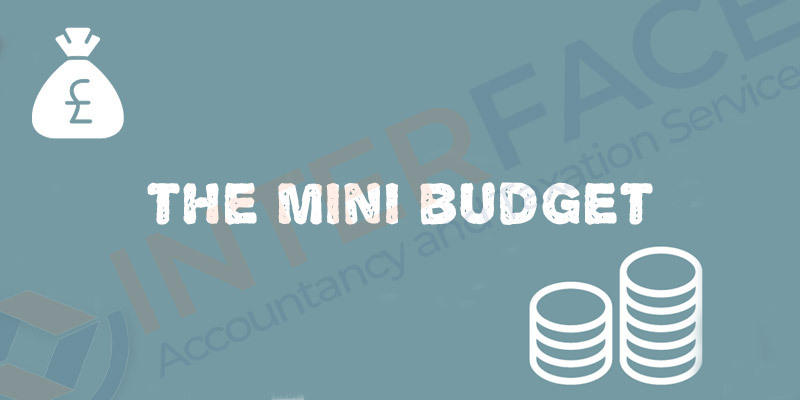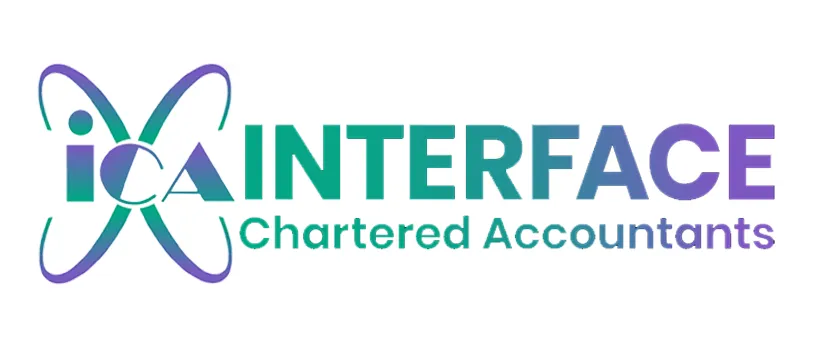UK Budget 2021
The Chancellor, Rishi Sunak, announced the 2021 UK Budget, otherwise known as the mini-budget, on Wednesday 3 March 2021. The Budget included a number of measures to support the UK economy and public finances in the wake of the coronavirus pandemic. The main measures of the Budget include:
- A one-off ‘super-deduction’ tax break of 130% on investments in new plant and machinery
- An extension of the Coronavirus Job Retention Scheme until September 2021
- An extension of business rates relief until June 2021
- An increase in the National Insurance contributions threshold to £9,500
- A new £20-a-week uplift in Universal Credit
- A new £375 million package to support the self-employed
- A £1.65 billion ‘restart’ grant for hospitality, leisure and retail businesses.
- An extension of the Stamp Duty holiday until the end of June 2021.
- A new £520 million ‘Help to Grow’ scheme to support businesses with digital skills.
- A new £408 million ‘Help to Grow’ scheme to support small businesses.
- A new £4 billion ‘Levelling Up’ fund to support local infrastructure projects.
- A new £3 billion ‘Green Homes’ grant to support energy efficiency improvements.
- A new £1.3 billion investment in apprenticeships.
- A new £500 million ‘Cultural Renewal’ fund to support the arts and culture sector.
- A new ‘Bounce Back’ loan system to support small businesses.
Mini Budget U-Turn 2022
“£45 billion of tax cuts. This is the biggest tax-cutting event since 1972.”
“£45 billion of tax cuts. This is the biggest tax-cutting event since 1972.” In the history of the UK, there hasn’t been a new budget U-turn, but the new Conservative government plans to introduce one in its upcoming 2022 budget, dubbed the “Mini Budget U-Turn”. This will involve a series of tax cuts and spending rises, designed to give the economy a much-needed boost.
The main element of the Budget U-Turn will be the largest tax cut since 1972. This will involve a £45 billion reduction in personal and corporate taxes. This includes a reduction in income tax and corporation tax, as well as increases in the thresholds for National Insurance and Inheritance Tax.
The government has also announced a range of measures to help businesses and individuals, such as an increase in the Employment Allowance, an increase in Entrepreneurs’ Relief and a range of tax reliefs for small businesses. In addition, the Budget U-Turn will include an increase in the National Living Wage and a reduction in the pay gap between men and women.
Mini Budget U-Turn is designed to help the economy recover from the COVID-19 pandemic, and is expected to be announced in the 2022 budget.
The Mini Budget 2022 and Its Impact on Your Everyday Life
This Mini Budget 2022 has a wide range of positive impacts on everyday life. First, the rise in the National Living Wage to £10.50 an hour will benefit over 3 million people who are currently earning less than that.
This means that many low-paid workers will receive an immediate pay rise, allowing them to better cover the cost of living. Second, the increase in the Personal Allowance, which will see millions of people paying no income tax at all, will help to reduce the financial burden of taxes for those on lower to middle incomes.
Third, the increase in the tax-free dividend allowance will mean that more people will be able to benefit from investing in stocks and shares. Finally, the increase in the Employment Allowance will provide businesses with an additional source of funding which can be used to create and protect jobs.

This will help to stimulate the economy and provide more employment opportunities.
Hunt’s decision to reverse Kwarteng’s tax cuts is a clear indication that he does not want to take unnecessary risks with the UK economy after a turbulent 2020. The Brexit process, the coronavirus pandemic, and the resulting economic downturn have shaken the UK’s financial markets.
Hunt has promised to take a “prudent and responsible approach” to managing the UK’s finances, saying that he will ensure that the UK’s public finances are sustainable and that any tax cuts are made carefully and in a way that does not risk damaging the country’s long-term prospects.
Hunt’s decision to reverse Kwarteng’s tax cuts has been welcomed by many, who believe that the UK needs to take a more cautious approach to manage its finances in the wake of the pandemic. Business groups, who have argued that large-scale tax cuts are not necessary at this time and could lead to further economic instability, have echoed this sentiment.
Ultimately, Hunt’s decision to reverse Kwarteng’s tax cuts is a sign that he is prioritizing fiscal responsibility over short-term economic gains, a decision that may end up being beneficial for the UK in the long run.
By increasing taxes and focusing on reducing the deficit, Hunt is ensuring that the UK’s finances are managed responsibly and that the country is not saddled with an excessive amount of debt.
Furthermore, by raising taxes on the wealthiest, Hunt is ensuring that the burden of taxation is not unfairly distributed and that those who can afford to pay more are doing their part to help the country’s finances. In the end, this decision may be beneficial for the UK economy in the long run, despite the short-term economic impact.
Conclusion:
Overall, the mini-budget and the U-turn on taper relief is a welcome move for pensioners, businesses, and the environment. It shows the government is taking measures to help the economy recover from the impacts of the pandemic, while also investing in the future.
 Skip to content
Skip to content

